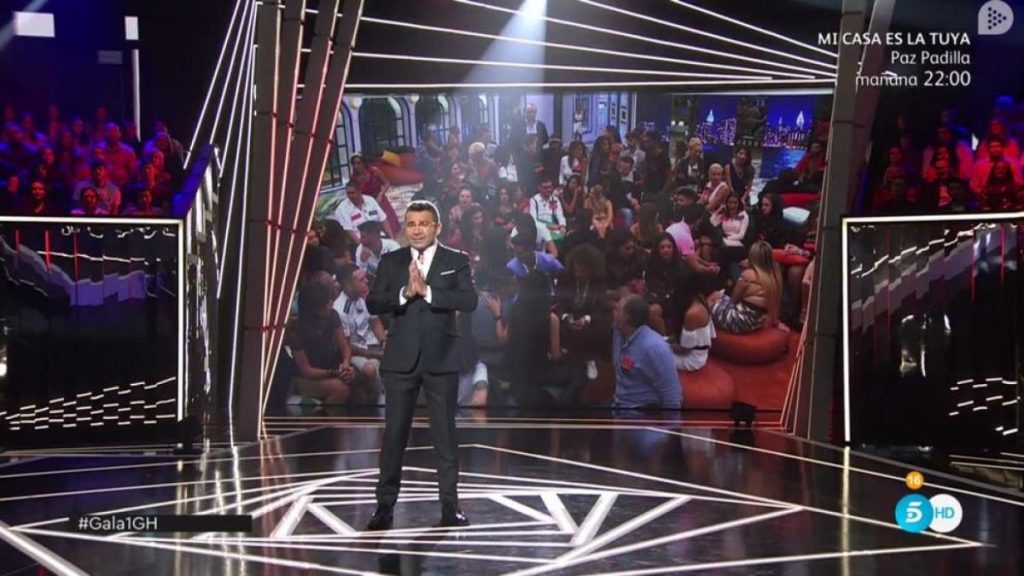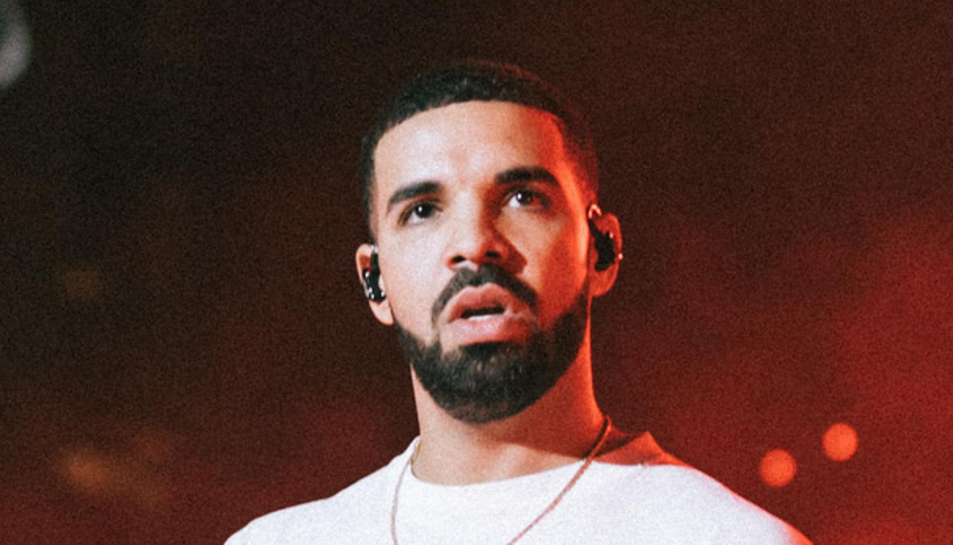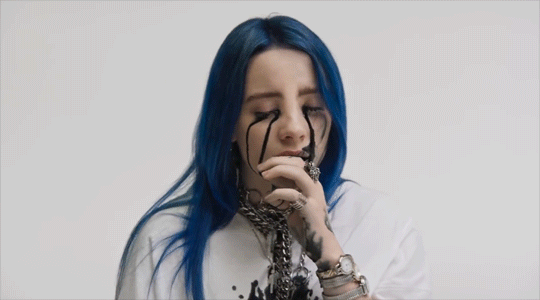Are you a musician, a singer, lyricist, arranger, or even a multidisciplinary influencer (a “mocatriz”, as Ojete Calor would say)? Well, then I see two possibilities of survival for you:
The first one: you are pure bohemian and you feel that music is a militancy. If this is your case, congratulations. That means that you live music solely from the soul, and that you probably have a source of income with which you finance your own musical career (or that you live on tips, which is also an achievement). You play the guitar in the historical center of a city, in a small square where people enjoy wine and tapas, while they listen to your heartfelt fado/bossa/pop-folk mix song. Just imagining it makes my teeth get long, you are very lucky.
Second: you are pure modernity and transhumanism. You have all the networks up to date, you try to sell your latest single on the internet and promote a tour in local clubs or national festivals. Perfect, you are in the lion’s cage: you are the one to whom this blog is addressed. You are looking for a balance between “monetizing your creativity” and defining yourself as a small business.
Sure, lately you’ll be flat out trying to tame the reel algorithm on Instagram, trying to viralize your content on Tiktok, and even – hopefully – trying your hand at paid advertising to make a sold out tour next summer. And you must be in an eye of hurricane between stress and illusion, thinking that all this is enough. But unfortunately it doesn’t work that way (I’ll tell you why at the end of the blog).
As time goes by and society and technology change, new requirements start to emerge for all companies, at least if they are focused on growing and developing little by little. Yes, it sounds a bit ugly, but you have to think of it that way in a certain sense: if you are an artist, you are a small media outlet, whose destiny is – at the very least – to be profitable someday. And you have to be very up to date (precisely), something that seems quite difficult when you don’t have enough time in the day for so much work. If we look at the clumsiness of the major media, we will see that they are having severe problems to readapt to the competition (Internet).

Let’s think – specifically – of television. Nowadays, all young people consume Netflix, HBO, Disney +, Amazon Prime, Twitch, Youtube… the idiot box has come up against an army of competitors armed to the teeth with new strategies and highly advanced methods of niche differentiation. And it is still there, with its varied programs, trying to cover everything, limited to the schedules of the grid and prime time. This traditional TV, which one day “stole” its target audience from printed newspapers, if it does not readapt well now, will necessarily decline. In fact, it is possible that some television channels may fall into the
Since this is not even working for them as in the past, what is basically coming to them is the progressive disinterest of companies to make expensive promotional campaigns of their products on television, since, with less audience, it is less profitable. In the future, Television will have no choice but to lower the promotional costs of interested companies, in order to maintain a minimum customer base, since, being cheaper, many brands will continue to advertise their usual services and strategies to diversify.
But we have not yet reached the crypt: by stabilizing at lower prices and having fewer companies interested in advertising their products, the money that will come in will be less and less, so they will have to lower their production costs. And what will this mean? Very simple, the future will be, on the one hand, programs of much smaller niches in terms of age and target, and on the other hand, exclusively national series. But not only this; also less careful scripts, creative positions of lower rank, changes of national directors for local directors… the quality of the contents broadcasted on television will be reduced and everything will stabilize at a level of quality dangerously close to mediocre.
We were talking about online newspapers doing much better. In fact, print media have managed to readapt themselves without major problems: they have created monthly and annual subscriptions offering all kinds of discounts to their most loyal customers. Their online services are basically the same as in print, but the cost is somewhat more expensive for the buyer and they don’t waste paper. With these simple measures they have managed to control their business while the swell was rough.

However, television has tried to offer a handful of channel-platforms, which at least in Spain, have not been able to catch on with the public. And they have not caught on -largely- because, although the contents are good, they are still productions of a specific channel, so they cannot compete with international movies and series, a niche completely ruled by the platforms. The interest in national series self-produced by national channels is already a reality nowadays. But, while this type of programming was already stylized before, now it abounds more than ever because they are running out of options. Since there is not so much public interested in international movies and series, the only broadcasting licenses that may interest TV are those of programs and reality shows, but there again they will have a hard time, since the drop in productivity will also have an impact on the purchasing power, while international prices will probably remain solid (if a national channel earns less, it cannot afford foreign prices). Ugly, huh?
No, television (in general) is not going to go away for the time being, but it is going to be a good thing.
As hopeless as it may seem, as a creative artist you are also a business, even if you’re not particularly attracted to the concept. And it’s not very easy to survive as an artist if you don’t become a small brand that shares your art. And of course, one of the most important actions to survive is to always adapt to the way the market works.
As a singer, nowadays you have to get -either through you or through a Community Manager- your artistic life to fill the networks. To get into major labels, it’s no longer enough to have talent; now you also have to distinguish yourself by your level of fandom, and have an already well-established career. You have to know about marketing, (and no, clicking “promote” on a video of one of your tracks via Instagram serves absolutely no purpose). Advertising campaigns have to be done with very complex strategies that you have to study (ad sets, copywriting, traffic campaigns, conversion…).
You must distinguish yourself and create something new. You cannot sound like a compendium of what is being listened to now, without contributing anything new. To transmit that freshness you will need a small team that you will have to finance little by little (at least a good cameraman and editor for your video clip and a well-established music producer and sound engineer).
Yes, you have to be a superhuman, I know, but that’s what happens with this hypercompetitive landscape that our time has given us: “grow or disappear, that’s the question”.





